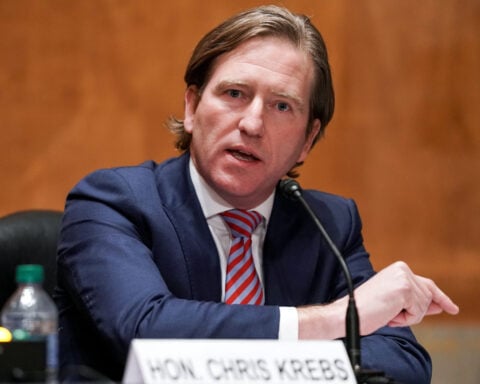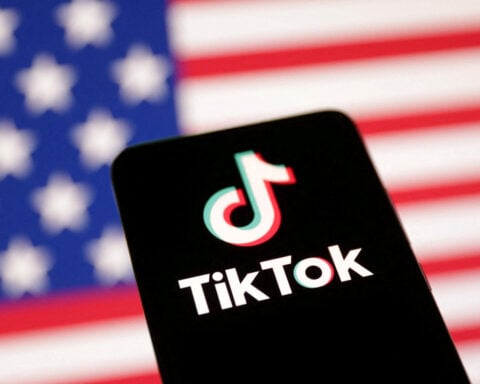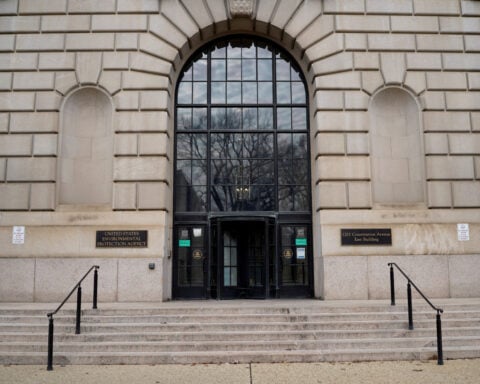When Jennifer Watkins‘ 7-year-old son uploaded a silly “nudie” video dare from a classmate to the family’s shared YouTube account, the Australian mother never imagined a catastrophic fallout ending her decade-long digital access. Yet within minutes, Google permanently deleted Watkins’ account with zero appeals, locking treasured memories behind supposed child safety imperatives.
As digital life increasingly interconnects personal, professional, and family spheres, mistaken account terminations create collateral damage, wrecking entire household ecosystems. Critics argue for proportional responses aligned with nuanced contexts instead of automated blanket bans mismatched to incidental infractions.
When Google abruptly notified Watkins of deleted YouTube access she barely used herself, a quick investigation revealed young twin sons had been filming amateur dance videos on her logged-in tablet. One childishly uploaded dare clip provoked swift action, adding the video to global child exploitation libraries and locking the family’s digital universe indefinitely.
In response to rising societal protectionist pressures, platforms pre-emptively scan all uploads against existing abusive media databases, automatizing identification of new matching illegal content later confirmed by humans. So when algorithms flagged the sons' video, review teams rapidly enforced hard rules around account deletion despite contextual subtleties.
While well-intentioned, critics highlight that unthinking overreach causes unintended suffering. By defaulting to the harshest user agreement options, providers introduce collateral damage from rigid regimes, ignoring real-world complexity. And appeals avenues typically offer little recourse once rapid action eliminates accounts also hosting sensitive personal artifacts.
Watkins suddenly lost priceless life archives centralized across integrated Google services, from years of correspondence to photos capturing pivotal memories. But explanations highlighting sons’ childish naivete met impersonal denials referencing breach of conduct clauses allowing permanent access termination.
The dramatic response follows intense public scrutiny over societal menaces like child exploitation material spreading on popular platforms who adopt strict zero tolerance policies around confirmed illegal media. But questions emerge on if punitive enforcement also overextends past reasonable boundaries in some cases. Does losing an entire digital identity over one spam email warrant such unmatched retaliation?
If well-intentioned safety systems introduce unintended harms rivalling benefits, can society meaningfully progress? Do aggrieved families deserve proportional second chances amending errors absent disproportionate repercussions annihilating years of records? As automation expands content analysis while narrowing appeals options, policy and technology must better incorporate human values themselves. Otherwise collateral damage persists strangely misaligned from intentions.

 Trump has begun another trade war. Here's a timeline of how we got here
Trump has begun another trade war. Here's a timeline of how we got here
 Canada's leader laments lost friendship with US in town that sheltered stranded Americans after 9/11
Canada's leader laments lost friendship with US in town that sheltered stranded Americans after 9/11
 Chinese EV giant BYD's fourth-quarter profit leaps 73%
Chinese EV giant BYD's fourth-quarter profit leaps 73%
 You're an American in another land? Prepare to talk about the why and how of Trump 2.0
You're an American in another land? Prepare to talk about the why and how of Trump 2.0
 Chalk talk: Star power, top teams and No. 5 seeds headline the women's March Madness Sweet 16
Chalk talk: Star power, top teams and No. 5 seeds headline the women's March Madness Sweet 16
 Purdue returns to Sweet 16 with 76-62 win over McNeese in March Madness
Purdue returns to Sweet 16 with 76-62 win over McNeese in March Madness








